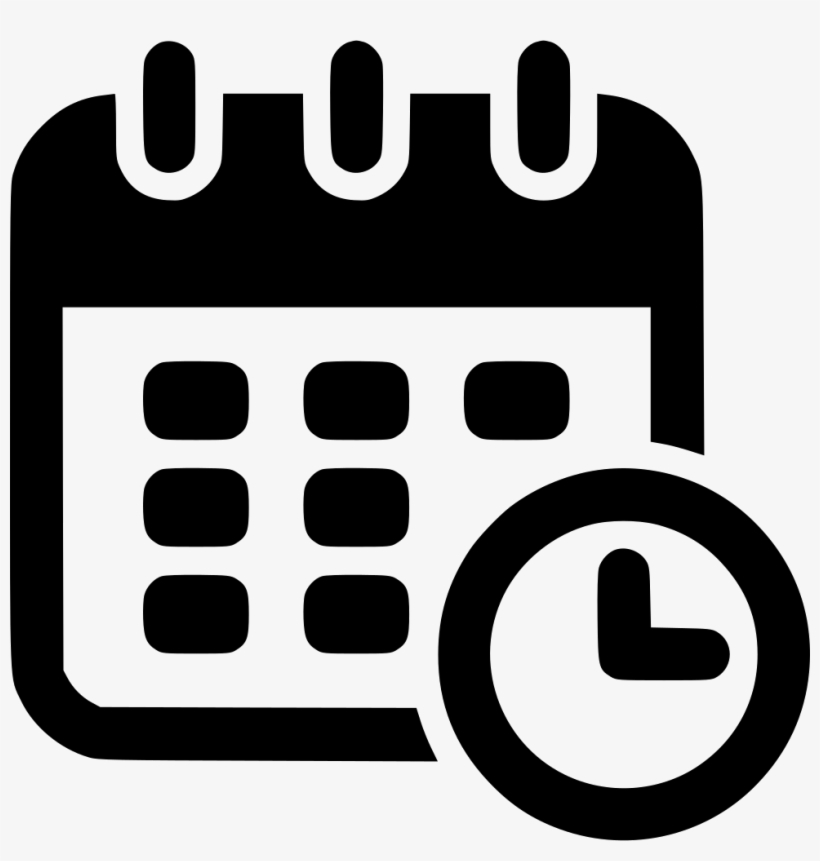 Tweet
Handling Peer Review
Tweet
Handling Peer Review
 Dr. Danny M. D’Amore, Associate Editor
Dr. Danny M. D’Amore, Associate Editor
 April 2020
April 2020
Receiving reviewer comments on your manuscript can be equally thrilling and terrifying. A great amount of hard work, thought, and possibly even years of research goes into a study, only to be boiled down and distilled into a manuscript, sent away and critically reviewed by strangers. Unless you receive absolutely glowing remarks about your work, it can be difficult to parse through the critiques and comments left by faceless reviewers. How do you know which comments are valuable? What should you focus on?
Even though it might be challenging to read the more critical comments, it is vitally important to understand why the handling editor has reached the decision they have handed down to you.
Ask yourself the following questions:
1. Was your scientific method sound and well-explained?
2. Did you connect strong bridges between your results and the conclusions you are drawing?
3. Have you cited relevant literature when explaining how your work fits into the current body of literature?
These are all important questions editors ask themselves when making decisions; if you’ve answered no to any of these questions, this is likely the weak link of your manuscript, and where you should focus most of your efforts. Scientific communication can be challenging because there are so many topics you need to juggle, but even if a journal does not supply reviewers with a specific set of questions to answer when reviewing, the queries mentioned above are likely questions they will be looking for first and foremost.
If you have answered yes to the above questions, but find one of the reviewers has answered ‘no’, ask yourself where the disconnect is. Read the reviewer’s specific comments for clues – is there something that is unclear to them? Remember, you have likely spent a good portion of your working life on this project. Things that may seem obvious to you, might not be as clear to the reviewer (and likely, your future readers as well). This is not a difficult problem to tackle; you know all the details. They simply need to be communicated clearly and concisely.
I recommend not making any changes immediately. I often find it useful to keep a list. If more than one person has commented on a specific item, or section of my manuscript, I know this is something that requires more of my attention. I also want to make sure I note if reviewers have conflicting opinions before I start editing. This way, I can decide how I want to address the problem, and how to make my argument as to why I feel those specific changes are appropriate. I can also determine if there are any comments I disagree with. Remember, if you decide not to take a suggestion, it still needs to be addressed. Instead of editing, we recommend using the time dedicated to those comments to find support in the literature, and supply that information in your answer.
We endorse breaking up the process and making notes before you start writing. These steps will help organize your thoughts, help you identify where more of your effort needs to be dedicated, and hopefully, these tips will help you use your time and energy as efficiently as possible. Part of your time does need to be spent on writing answers. After all, even if you do not agree with a reviewer or an editor (which is absolutely valid, and part of the scientific process), you should still form a thoughtful and well-cited explanation of why you are sticking with your original interpretations. You want the reviewer to understand your thought process, and providing concise information supported by the literature will go the furthest.
Give yourself a week—if you can—but at the very least, give yourself 24 hours. When you step away from writing, it is easier for you to review your own work afterwards. It is important to read the reviewer comments one last time to be sure you have addressed all the concerns in your response letter. It is equally important to make sure that what you have written in the response letter agrees with the changes you have made in the manuscript. When edits are extensive and take weeks (or months), it becomes easier for things to fall through the cracks. You might forget an idea you had at the beginning of the study, or simply come up with something you like better towards the end of your revision process. This is all natural and part of writing a scientific article, but it is best to make sure you have caught any potential inconsistencies before returning your manuscript to the journal (or submitting your manuscript to a new journal).
You will be able to defend your choices and conclusions drawn. You have refined your writing to make it concise and have a greater impact. Ultimately, you will have a better piece of work, and you will reach a larger audience because of it.
 Previous Article
Next Article
Previous Article
Next Article 